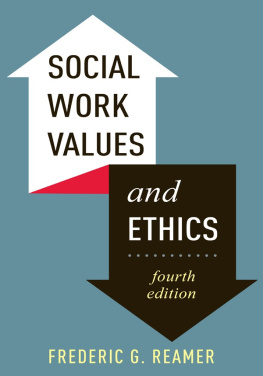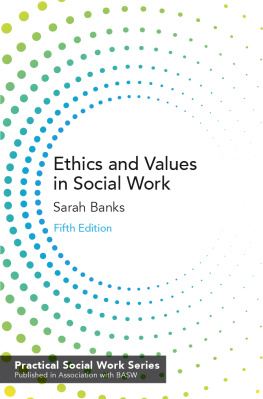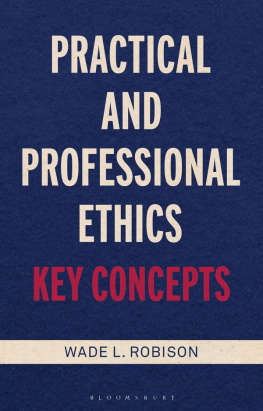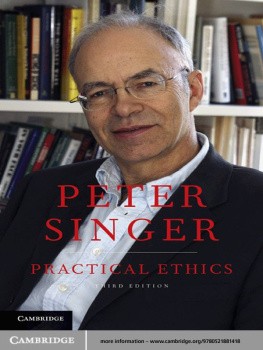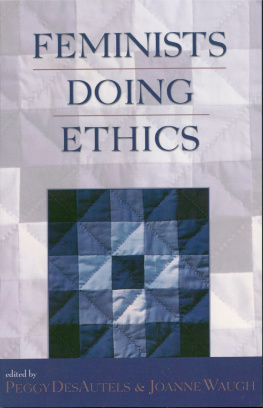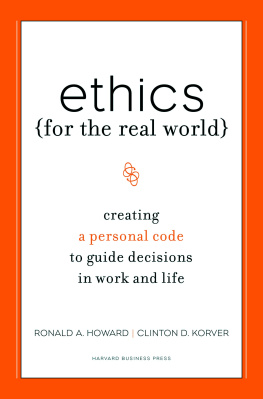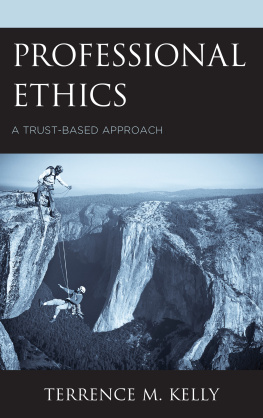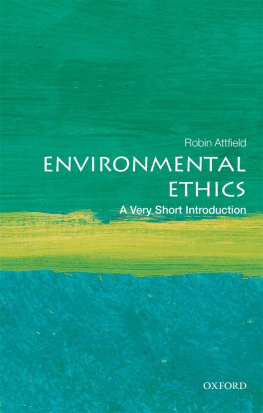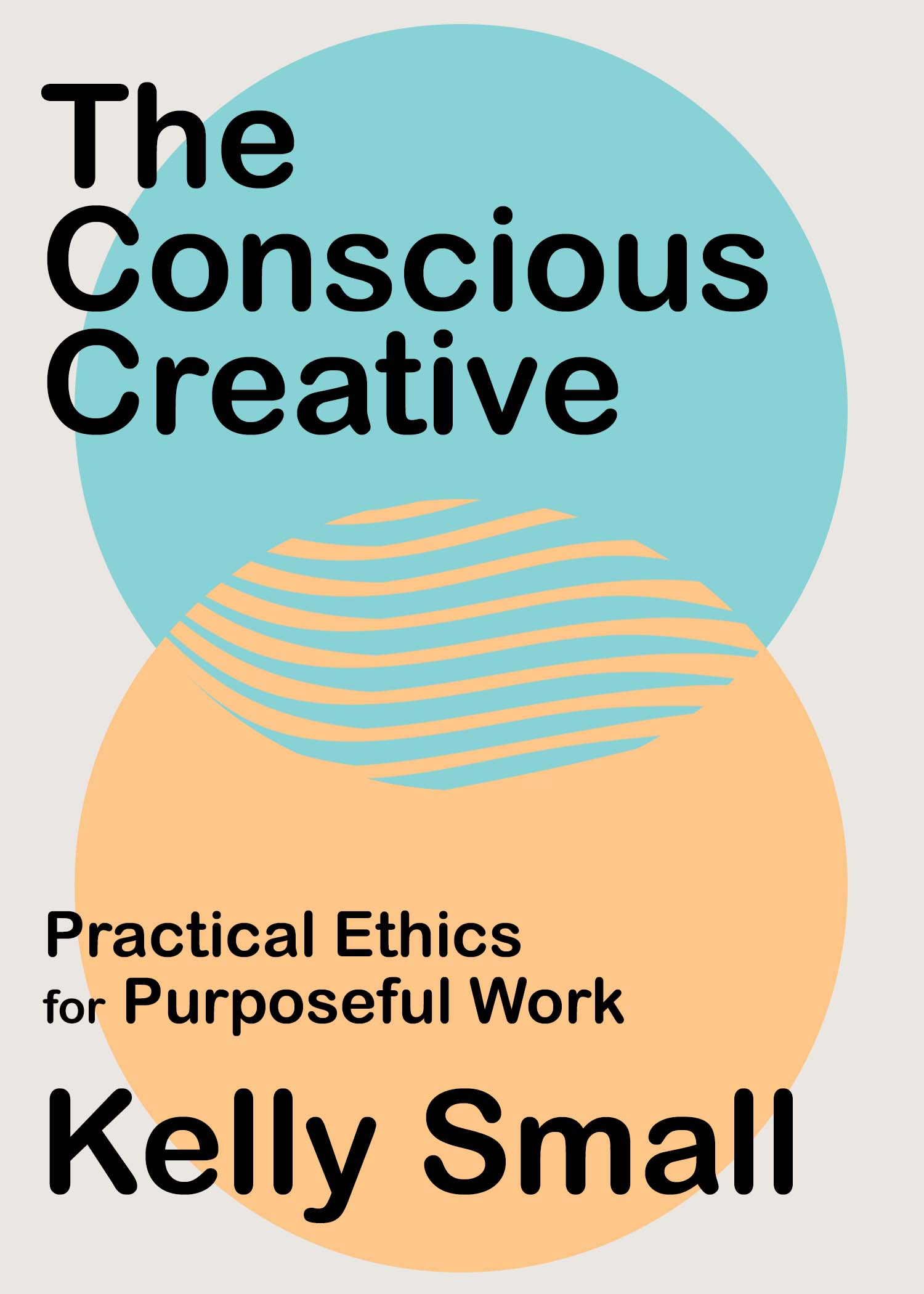
The
Conscious
Creative
The
Conscious
Creative
Practical
Ethics for
Purposeful
Work
Kelly
Small
Copyright 2020 Kelly Small
Published in Canada in 2020 and the USA in 2020 by House of Anansi Press Inc.
www.houseofanansi.com
All rights reserved. No part of this publication may be reproduced or transmitted in any form or by any means, electronic or mechanical, including photocopying, recording, or any information storage and retrieval system, without permission in writing from the publisher.
Library and Archives Canada Cataloguing in Publication
Title: The conscious creative : practical ethics for purposeful work / Kelly Small.
Names: Small, Kelly, author.
Identifiers: Canadiana (print) 20200198025 | Canadiana (ebook) 20200198033 | ISBN 9781487008024 (softcover) | ISBN 9781487008031 (EPUB) | ISBN 9781487008048 (Kindle)
Subjects: LCSH: Cultural industriesEmployeesConduct of life.
Classification: LCC HD9999.C9472 S63 2020 | DDC 174/.97dc23
Book design: Alysia Shewchuk
We acknowledge for their financial support of our publishing program the Canada Council for the Arts, the Ontario Arts Council, and the Government of Canada.
House of Anansi Press respectfully acknowledges that the land on which we operate is the traditional territory of many Nations, including the Mississaugas of the Credit, the Anishnabeg, the Chippewa, the Haudenosaunee, and the Wendat peoples.
For the creatives who never
start a project without asking
if something more meaningful
can be achieved
Contents
Chapter 1:
Chapter 2:
Chapter 3:
Chapter 4:
Introduction
Lets start by setting an intention.
This book aims to clarify the complicated business of achieving an ethical practice in the creative industries, or, in other words, becoming a more conscious creative.
The humble support in this book will be particularly relevant to those of us who work in the creative economy, which employs over 14 million of us in the United States, approximately 2.5 million in the U.K., and 2.25 million in Canada. Creative skill sets are increasingly employed outside of these traditionally creative industries too. It stands to reason that with so many of us committing our work-lives to producing the sort of cultural content that influences worldviews, impacts purchase decisions, and informs our interactions with the earth and each other that some ethical consideration might be pertinent.
In the spirit of inclusivity and a personal conviction that were all creative at our core, I offer this book in the hope it will be useful for any of us interested in learning simple methods to be more mindful and intentional about our impact.
The Conscious Creative is written with the belief that when responsible action is made accessible and judgement is withdrawn, were all a whole lot less scared to put in the work to make positive, incremental changes to our daily work-livesregardless of where we work or for whom, and despite acts of questionable ethical merit from our pasts. This is a safe space, friends.
Rigid codes of ethical behaviour are not what this book is about. Nor is it a contribution to esoteric philosophical debate. It is, instead, a collection of over 100 ethical choose-what-works-for-you actions from professional experience, rigorous research, and the practices of industry experts whose work includes a daily infusion of moral action and principled thinking. (You can skip ahead to where the actions begin on .)
Where is this coming from?
The Conscious Creatives varying and comprehensive guidance is crafted from ideas borrowed from ethics, activism, sustainability, social justice, and social innovation. It intends to be a unique contribution to an evolving zeitgeist and support toward the realization of our collective ethical potential in an uncertain age of climate crises, pandemics, and social transformation across the political spectrum.
The actions are organized with inspiration from both of which are far less complicated than they sound. In each approach, achieving a fulfilling practice capable of standing the test of time means addressing how we support the earth, other people, and our emotional selves, while radically (though perhaps reluctantly) accepting the current reality of our capitalist overlords and pragmatically factoring in how we intend to earn a living.
Most importantly, no matter our prior familiarity with ethical action and regardless of which corner of the industry we find ourselves in, each of us can do something.
Right now.
Welcome to the conscious community (youre awesome for being here)
The Conscious Creative is for anyone in the creative industries who has ever felt like they had to compromise their personal ethics for the sake of their professional practice.
Lets do a quick survey to see how many of the following resonate. I have:
- Used my skills to sell or support a person, product, or service I morally disagree with
- Created something without making sure it was accessible to everybody
- Been witness to or experienced discrimination, stereotyping, or inequitable representation
- Promoted questionable consumable products
- Participated in the creation of a habit-forming digital experience
- Influenced users toward an unintended purchase or behaviour
- Worked with clients or companies with harmful environmental and/or social practices
- Shared images, fonts, or intellectual property without giving credit to the copyright holders
- Contributed to overconsumption
- Created something using unsustainable materials
- Overlooked a problematic supply chain
- Exploited an audiences psychological vulnerabilities to sell a product
For those of us earning in the creative industries (and beyond), many of these ethical transgressions can happen on the daily. If youre anything like my colleagues and me, the too-real jokes about selling our souls to make a living arent coming out of nowhere.
The term creative economy was coined in 2001, but reticent to propose anything actionably different?
I believe there are.
Practitioners of the design industry have been particularly outspoken against the implications of consumer culture and have advocated for creativitys potential as a change agent since designs early days as a distinct practice. Fifty years ago, the German Ulm School was founded on the notion that design must contribute to a socially responsible construction of the world. those early rallying cries remained largely unheeded in many sectors of the industry.
Fast-forward to now. We creatives continue to voice our discontentment in industries whose incredible potential is so often bound by the bottom line. Innumerable tweets, articles, and posts engage in call-out culture, where we publicly shame unethical leaders and companies. Big-tech workers participate in global walkouts to protest climate inaction, working conditions, and corporate connections to human rights abuses. We talk a lot about the environmental threat of fast fashion, the emotional and physical damage that can result from toxic aspects of the beauty industry, and the psychological perils of an unregulated ten-billion-dollar influencer marketing industry.
Next page

